
The smartest cities are resilient ones
[Em Inglês] O foco deste artigo é a necessidade de resiliência das cidades, tendo em vista a urbanização desorganizada que tem se alastrado pelo planeta.

[Em Inglês] O foco deste artigo é a necessidade de resiliência das cidades, tendo em vista a urbanização desorganizada que tem se alastrado pelo planeta.
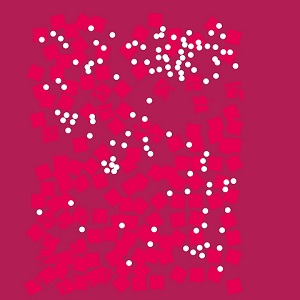
Weapons of Reason 7 de Março “From where I sit here in Latin America, I think this continent is a harbinger of what’s to come in Africa and Asia. It has come out of an era of autocratic governance, is going through its third wave

Razon Publica March 6, 2017 Avance entre problemas A pesar de los problemas técnicos, de infraestructura y de adecuación que se han visto en el proceso de reincorporación de las FARC a la vida civil, el proceso ha continuado y el pasado miércoles 1º de
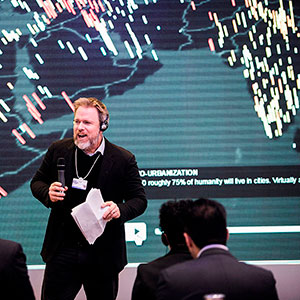
Rob Muggah talks about urban fragility and presents our new data visualization tool, Fragile Cities
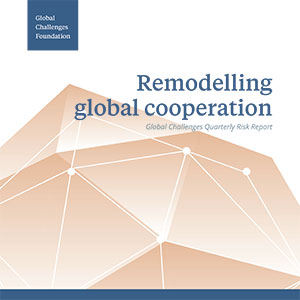
Robert Muggah and other independent thinkers talk about global governance

[Em inglês] Authorities are struggling to contain deadly clashes between rival gangs in prison, which threaten to ignite more violence on the street. Long-term, the Brazilian government will have to revisit its “lock them up” policy and build political support to address overcrowding.
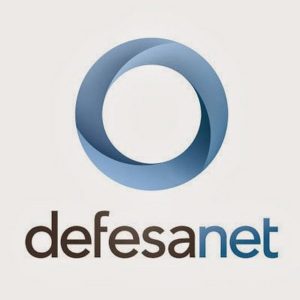
8 February 2017 Brazilian troops landed in the Caribbean country in December for another six-month mission. The 25th Contingent of the Brazilian Infantry Battalion (BRABATT) operates in the country as part of the U.N. Stabilization Mission in Haiti (MINUSTAH). For the next six months, 850

Robert Muggah talks about drug policy, gangs and firearms
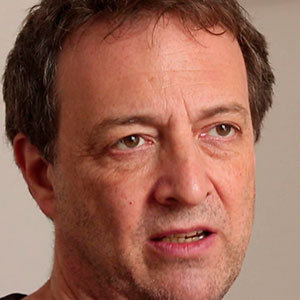
Is there a way out of the crisis in Rio de Janeiro? Journalist Misha Glenny gives her advice on the subject

Speaking of technological advances, journalist Misha Glenny underscores the political polarization and information overload we are undergoing

The journalist Misha Glenny associates the recent rise of populism around the world with the global financial crisis of 2008 and the current scenario of Brazilian politics.

7 February, 2017 An expert panel share their thoughts on the social challenges for the region this year ‘Some of the richest people in the world are from Latin America’ Inequality is the key issue in Latin America, along with education. Some of the
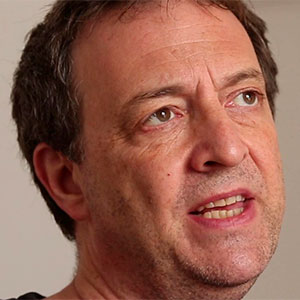
The journalist Misha Glenny comments on the Brazilian’s paradoxical identity: pacific x violent. What leads to the popular idea “a good bandit is a dead bandit”?

What will be the consequences of the crisis in Brazil? According to the journalist Misha Glenny that crisis could go a number of ways.

Talking about how to explain Brazil to foreigners, the journalist Misha Glenny says that the knowledge of many foreigners about the country is still restricted to cliches.
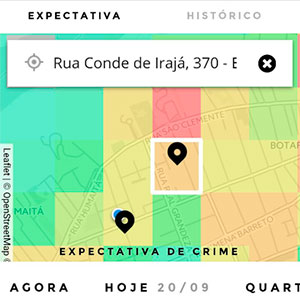
What if you could predict where a crime will take place before it occurred, even determining the time of the incident and the identity of the culprit?
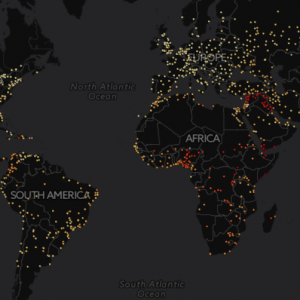
A new fragile cities data visualization will be launched at the World Economic Forum´s annual meeting in Davos from 17-20 January, 2017
A group of global experts are meeting at Davos to discuss wide-ranging threats and new security paradigms to address them

World Economic Forum – Cities will not survive if they rely on preventive strategies alone. They must also invest in adaptation and mitigation
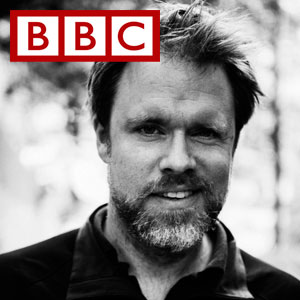
Research director of the Igarapé Institute, Robert Muggah, told BBC about the recent massacres in Brazilian prisons and the war between criminal factions.

[Em inglês] “President Rodrigo Duterte is in full control of the drug war,” Presidential Communications Secretary Martin Andanar said, as he dismissed the recommendation by the author that the international community impose “economic sanctions” on the Philippines.

The Guardian – Foreign governments are keeping noticeably quiet as the Philippine president Rodrigo Duterte is leading one of the world’s bloodiest anti-drug campaigns

The New York Times – Brazil’s first days of 2017 were baptized by 17 hours of violence. The bloodletting occurred inside a privately administered prison in the northern city of Manaus

World Economic Forum – Plural cities will play a critical role in determining whether humanity survives this century

Brazilian authorities said Tuesday that the inmates responsible for the killings of 60 rivals at two prisons in the Amazon region will be transferred

The Washington Post – Over 60 people have been killed in a bloody prison riot sparked by a war between rival drug gangs
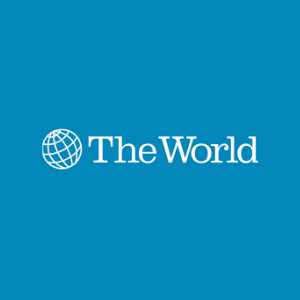
[Em inglês] At least 56 people were killed during a prison riot over the weekend in the northern city of Manaus. A total of 184 prisoners escaped from that and nearby prisons.

World Economic Forum – Latin America is the world’s most violent region. It is home to one tenth of the world’s population
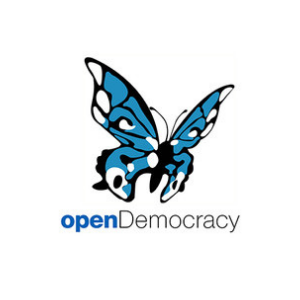
Open Democracy – Technology is forcing through a new form of conversation – even in conflicts. How will the next generation of tools

World Economic Forum – Cities are the new frontline of terrorism. The goal of today’s terrorist

O Instituto Igarapé utiliza cookies e outras tecnologias semelhantes para melhorar a sua experiência, de acordo com a nossa Política de Privacidade e nossos Termos de Uso e, ao continuar navegando, você concorda com essas condições.

